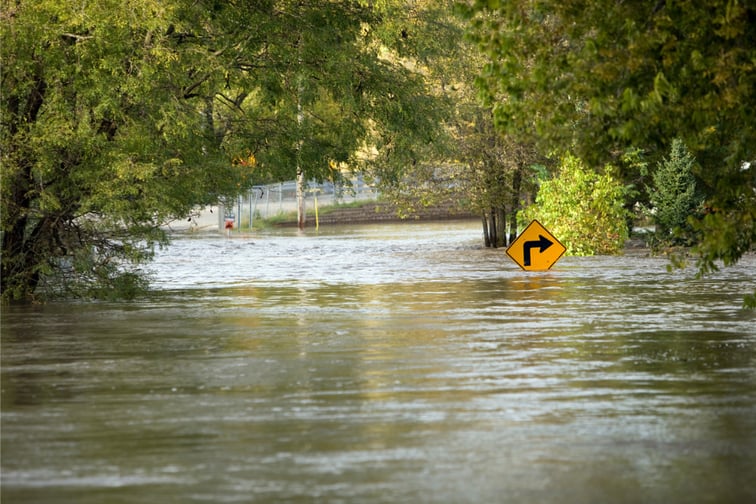

The Insurance Bureau of Canada (IBC) has set up its virtual community assistance mobile pavilion (CAMP) across Atlantic Canada after heavy rains caused significant flooding, washed-out highways, and forced evacuations in the region.
Affected residents, including those in Cape Breton and Newfoundland, can access the virtual CAMP if they have insurance-related questions and concerns.
The virtual pavilion is staffed with trained insurance personnel who are on hand at IBC’s Consumer Information Centre to help address clients’ questions regarding their home, business, and vehicle insurance policies.
“The priority right now is the safety of those affected and their loved ones,” said Amanda Dean, vice-president of Atlantic at IBC. “Our thoughts are with those whose lives have been disrupted and whose homes or businesses have been damaged or destroyed following the heavy rains.”
“Canada’s insurers are here to help,” she added. “Severe weather events like these cause significant turmoil and stress for homeowners.”
The bureau deploys CAMP in times of disasters with significant damage, with the goal of giving individuals who are suddenly forced to cope with a destructive calamity access to insurance-related information.
Most home insurance policies do not cover loss or damage caused by overland flooding, although coverage can often be purchased as an add-on, according to the IBC.
The bureau said that flood insurance typically covers specific types of water damage – including overflow of lakes, ponds, or rivers; surface water from heavy rainfall or melting snow; and ground water or the rising of the water table – which cause water to enter a home at the ground level or by seeping through windows, doors, and walls.
However, the IBC added that up to 9% of homeowners in Atlantic Canada do not have access to overland flood insurance because they live in an area that is deemed “too high risk.” To address this issue, the department says that it is working closely with the federal and provincial governments to create an affordable flood insurance policy that can be made available to all Canadians.
“These recent floods add to the growing evidence that there is an urgent need to create a national flood insurance solution,” the bureau said in a statement.
IBC also outlines the steps that consumers need to take if a heavy storm damages their property.
Once it is safe to do so, they should:
When making a claim, IBC advises policyholders to follow these steps:
